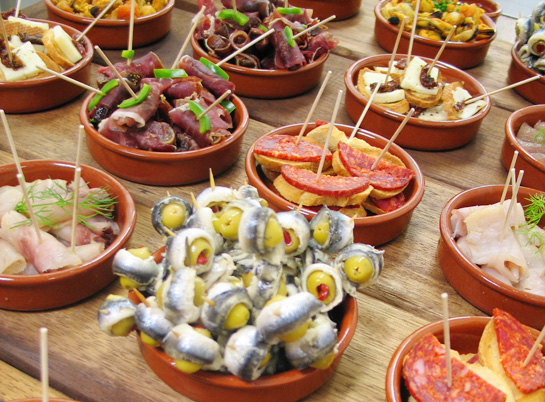 Who hasn’t already felt a little more comfortable speaking a foreign language over a drink? It seems that with moderate consumption, science validates this hypothesis.
Who hasn’t already felt a little more comfortable speaking a foreign language over a drink? It seems that with moderate consumption, science validates this hypothesis.
Alcohol helping you to speak a foreign language? This is what Dutch researchers have tried to prove. First of all, don’t worry; we are talking about small quantities of alcohol, of course: this study was conducted with people who had consumed a pint of beer or two glasses of wine. The idea was clearly not to make them drunk, which has rather the opposite effect on your fluency in foreign languages.
The American magazine Time reported a study on the effects of alcohol on the practice of foreign languages, conducted by the paper Journal of Psychopharmacology. 50 German-speaking students from the University of Maastricht in the Netherlands took part in the study. They had to have a two-minute conversation with a Dutch-speaker. Before this conversation, half of the students had drunk the equivalent of a pint of beer (or two glasses of wine) for a 70-kilogram (150-pound) man; the other half only had a glass of water.
All the conversations were recorded and Dutch-speakers assessed the discussions without knowing their alcohol levels. The students also assessed their own performance. Regarding the self-assessment, the alcohol had no effect: those who had consumed alcohol were not more confident than those who had drunk a glass of water. On the other hand, their level was considered better by the Dutch-speaking assessors, because of a more fluent pronunciation. Grammar, vocabulary or argumentation were similar between groups. Alcohol helping to reduce inhibitions, some people can more easily overcome their nervousness or hesitancy with foreign languages. However, the level of alcohol should remain low so that the degradation of cognitive functions doesn’t ruin the positive effects.
To conclude, researchers believe that in small quantities, alcohol reduces the anxiety caused by foreign languages and thus improves people’s skills, allowing a more smooth conversation. Still this study has one main fault: to certify its validity, it would have been necessary to add an alcohol placebo, to be sure the actual alcohol consumption improves the language level and not only its placebo effect. To be continued in a future study…
See all wines currently for sale
Register here to access auctions and fixed-price sales
Receive a free estimate of your cellar
Read further on iDealwine Le Blog:



